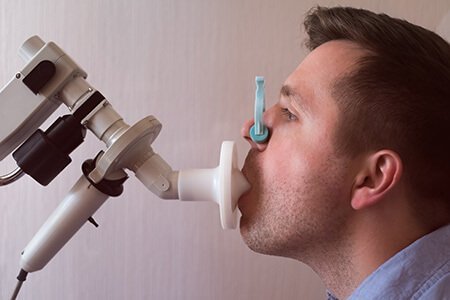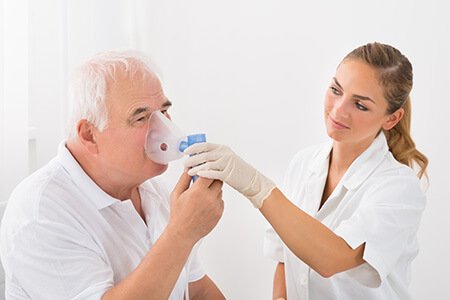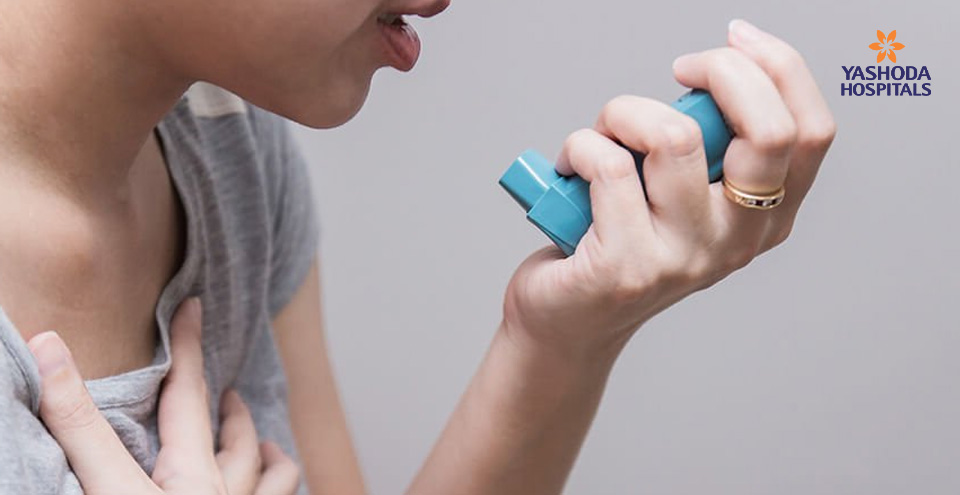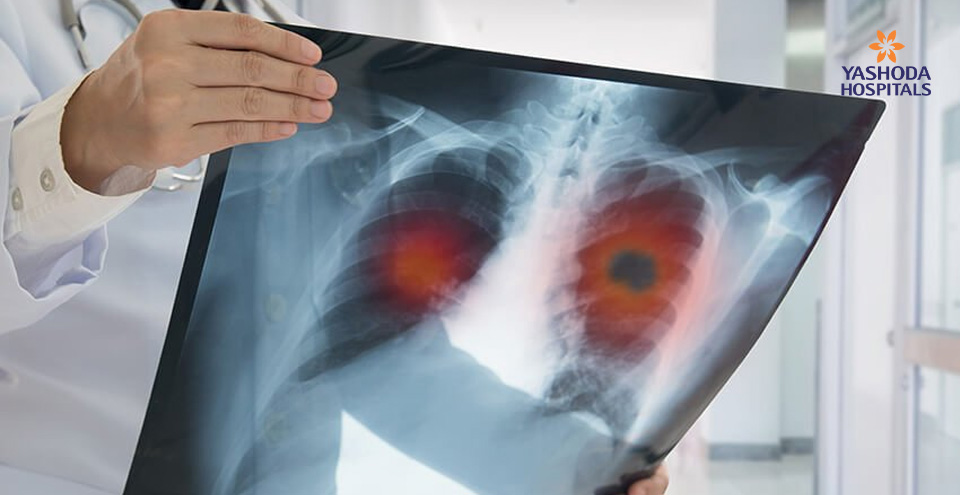Yashoda Hospitals > Diseases & Treatments > Pulmonology > COPD – Chronic Obstructive Pulmonology Disease
COPD – Chronic Obstructive Pulmonology Disease
COPD, its causes, symptoms, diagnosis and treatment
What is chronic obstructive pulmonary disease?
Chronic obstructive pulmonary disease (COPD) is a chronic inflammatory lung disease, which causes obstruction of airflow to the lungs. Chronic obstructive pulmonary disease enhances risk of developing heart diseases, lung cancer and a number of other conditions.
Chronic obstructive pulmonary disease is preventable and treatable. Most patients with COPD can experience good symptom control and quality of life with proper medical treatment and lifestyle modification.









 Appointment
Appointment WhatsApp
WhatsApp Call
Call More
More